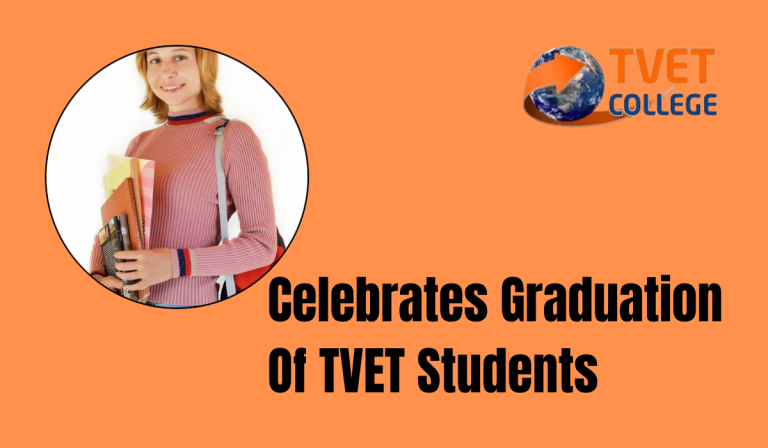UBTEB Statistics Reveal Why TVET Education Is Popular Among Girls

UBTEB Statistics Reveal Why TVET Education Is Popular Among Girls. Since the NRA/NRM government came into power in 1986, there has been a concerted effort to promote girls’ education as part of affirmative action in Uganda. While initially focused on primary, secondary, and university education, recent years have seen a shift towards empowering girls in Business Technical Vocational Education Training (BTVET) under Vision 2040.
This shift aims to foster gender equality in education, skills development, business, agriculture, and industry.
Reskilling Initiative And Zonal Industrial Hubs
Under the auspices of State House, a reskilling program for girls has been implemented, training over 40,000 girls in Kampala in skills like carpentry, welding, tailoring, and more. This success has led to the establishment of zonal industrial hubs nationwide, graduating over 2,000 girls.
Role Of UBTEB In Skills Development
The Uganda Business and Technical Examinations Board (UBTEB) plays a pivotal role in the BTVET sector, ensuring credible national examinations and certifications. UBTEB’s efforts to encourage girls enrollment in BTVET have shown significant growth since 2013, with increasing numbers of female candidates opting for technical and vocational education.
Enrollment Trends And Success Rates
According to Sam Patrick Ogwang, UBTEB’s Principal Examinations Officer, the enrollment and success rates among female candidates have been encouraging. For instance:
- In 2012, 703 out of 1,663 female candidates acquired full competencies.
- By 2022, these numbers rose significantly, with 17,042 out of 24,355 female candidates achieving full competencies, indicating a growing trend in female participation and success in TVET.
Impact Of Government Interventions
Government initiatives such as scholarships for TVET programs and decentralized admissions have widened opportunities for female students. Modularized assessments have also contributed to the appeal of TVET careers, where students can enter the workforce upon completion of their programs.
Ministerial Support And Affirmative Action
First Lady Janet Kataaha Museveni, also Minister of Education and Sports, has championed the cause of girls in TVET. Her ministry’s sponsorship of female students in various technical disciplines underscores the commitment to bridging gender gaps in technical education.
Future Prospects And Challenges
Looking ahead, UBTEB and the Ministry of Education aim to further integrate girls into TVET through targeted policies and partnerships with industry stakeholders. The emphasis remains on preparing a skilled workforce that meets the demands of Uganda’s evolving industries.
Conclusion
The rise of girls in TVET education reflects Uganda’s commitment to inclusive development and gender parity in education and skills training. As UBTEB continues to report positive outcomes and expand its reach, the future looks promising for girls pursuing technical and vocational careers in Uganda.











